Pautske’s Golden Nuggets
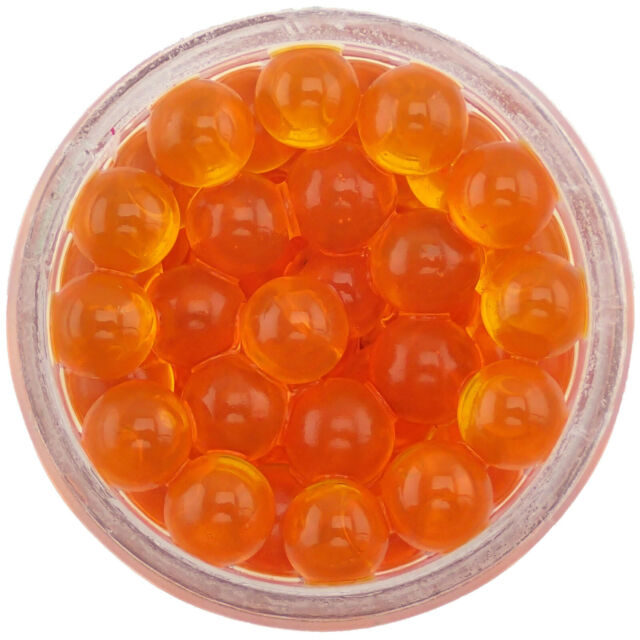
I did a lot of fishing with the magic golden balls up Mill Creek. Mill Creek is an “almost” river that runs right through the middle of Walla Walla, Washington, the town I grew up in. It used to flood every winter so after downtown Walla Walla was almost wiped out in 1931 they built this big ugly concrete flood channel that runs from Wildwood Park through the center of town and out to the other side of Rose Street. In the winter when the water is up to the top and raging like Hell’s Canyon, it’s a death trap, but in the summer you can ride your bike on the slanted floor of the concrete flume all the way through town past the old YMCA and underneath a lot of the buildings in the heart of Walla Walla. Just put your bike down over the short wall by Wildwood Park and you’re in.
Outside town to the east, the Army Corps of Engineers built a holding dam and a levee and above that the creek canyon runs east and south way up into the Blue Mountains of Northern Oregon. Every mile of the creek above the dam used to be packed with trout. I had a twenty-four inch J.C. Higgins red and black fat-tired bike that I earned the money for by mowing my grandpa’s lawn. I spent the summer before I was in the third grade doing that job and made twenty dollars. My dad chipped in the other twenty and we went right down to Sears and bought that beauty. I rode that bike until I graduated from high school. Coaster brakes and a handlebar with a holder for a flashlight, it was a hummer. I could hang my trombone over the right side bar when I went to band practice, but more importantly, I could hang my fishing rod there too.
It’s a summer day and I start early. It’s about thirteen miles up to Kooskooskie, a wide spot in the road going over the top of the Blues. Head out east on Isaacs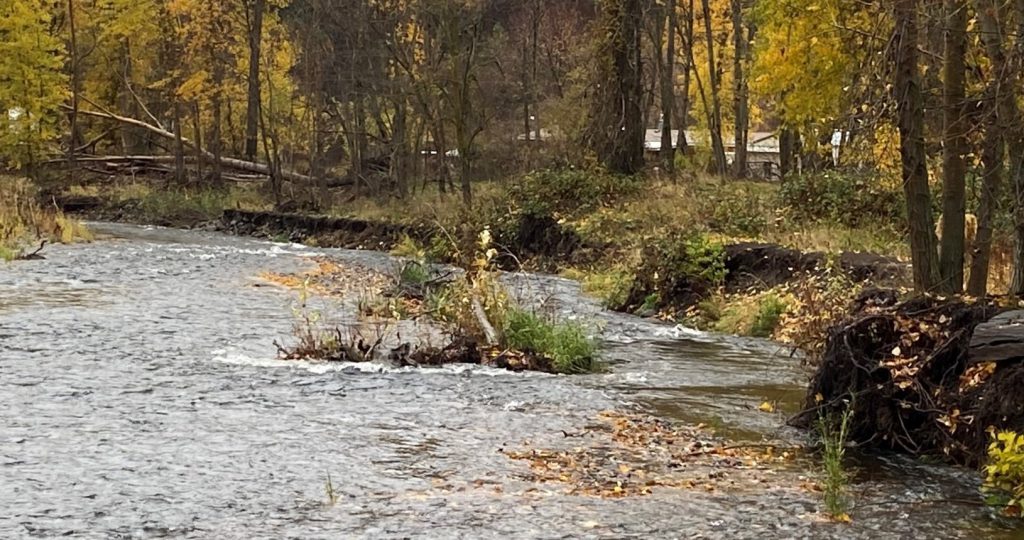 street and then turn up Mill Creek Road. Paved for part of the way, the road becomes dusty gravel about five miles out. I could keep going as far as I want. But today about six miles up I pull off the road, find an open place that doesn’t have a cabin on it, and get down to the creek.
street and then turn up Mill Creek Road. Paved for part of the way, the road becomes dusty gravel about five miles out. I could keep going as far as I want. But today about six miles up I pull off the road, find an open place that doesn’t have a cabin on it, and get down to the creek.
I’ve got my rod, my Eagle Claw #10 snelled hooks, the ones with the eagle diving from the red top of the packet and the fisherman with a fish on, the real deal in fishhooks. A small canvas trout bag slung over my shoulder with a plastic tube of small split-shot lead weights and a jar of Golden Nuggets shoved in the pocket of my denim shorts. I am good to go.
There’s a paper bag in the basket on the back of the bike with a peanut butter sandwich wrapped in waxed paper. My rod is short, so I won’t get the tip tangled in the bushes. No leader, line tied to the loop in the 4-inch piece of line snelled to the hook and a tiny lead weight about two feet up the line, bitten down on to make it stay where I want it.
I put a Golden Nugget on the hook, being careful to make sure the barb and the shank disappear inside the egg—the Eagle Claw single-egg hook is gold so the trout can’t see it unless you let it poke out of the egg. I walk along the bank looking for a riffle—one that races down over some rocks and then drops into a deeper stretch. The big boys hang out in the hole at the bottom of the run, waiting for caddis or grasshoppers that have fallen into the creek. I drop in my line.
The water carries the little lead weight, dragging it down through the rocks and then that golden egg drops into the pool. If they are going to go after the bait, it will be now. And it is.
The fish hits the egg and turns to run, but my line pulls him up short. Whoosh! Out of the water he comes, twelve inches and fat. He’s been hiding in that hole a while. Maybe he never got tricked by a Golden Nugget before. Out he comes again, and I work him to the bank. He’s a fighter, and he tries to make one more run out into the creek. The pole bends and he flops, churning the water, trying to spit that hook. No good. Now he’s out on the bank and thrashing in the tall grass, leaping and jerking. I grab him and he squirts out of my hand, desperate. No, I got him this time. I crack his back on a rock and he goes limp. One more crack and he’s done.
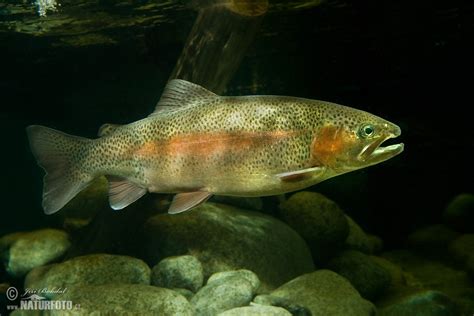 I open his mouth to retrieve the hook. The line disappears down his throat. He swallowed everything. I pull and the hook comes out, bringing some of him with it. Into the bag he goes, and I walk on down the creek.
I open his mouth to retrieve the hook. The line disappears down his throat. He swallowed everything. I pull and the hook comes out, bringing some of him with it. Into the bag he goes, and I walk on down the creek.
It’s a hot summer day, like many in my hometown. The smell of the water weeds along the bank mixes with that of fresh hay, cut and laying in bales scattered in the field behind me. Out on the road a pea-viner rumbles, a cloud of dust following like a monstrous dirty brown ghost. He’s headed up to the Ferrell place for the late harvest. I see some girls on horseback, but they are not looking for a twelve-year-old kid that smells of fish.
I follow the creek. Sometimes I wonder where it goes after it runs through town. Like when I left Walla Walla the first time. I went with my family down to Portland in a car and just outside of town we drove past The Last Chance Gas Station and Café. Looking out the car window, I had the oddest feeling I would never see my town again and this was my last chance to stop, to get out of the car and go back. Like the sign really meant it. If I went past this point, I would never make it home again. I have thought of that moment often over the years and wondered why I ever left, why I went outside the circle of everything I knew and went from here to there, but never back again. And at the end of the ride I know that everything I ever needed was right there, right in my town, and I could have lived there all my life, and found a girl and gotten married and taught English and writing in the local high school and played at the M&F Supper Club in Milton-Freewater on weekends and I could have ridden my bike up Mill Creek with a pocket full of Pautzke’s Golden Nuggets any summer day and never wondered about the world outside. And been happy and lived in a house looking up at the Blue Mountains like my great grandfather and my grandfather, and my uncle. And it would have been enough.
But I didn’t. And that’s sad—because those days are like Pautzke’s Golden Nuggets. They don’t make them anymore.
More Books By Patrick E. Craig
Patrick E. Craig has written twelve novels including the award-winning Islands series and two best-selling Amish series, Apple Creek Dreams and The Paradise Chronicles as well as the Porch Swing Mysteries Series. He has also written two novellas and an award-winning book of contemporary fiction short stories as well as two Young Adult paranormal books. He is included in two anthologies of Amish stories. He lives in Idaho with his wife, Judy.
Vivamus magna justo, lacinia eget consectetur sed, convallis at tellus. Mauris blandit aliquet elit, eget tincidunt nibh pulvinar a. Curabitur non nulla sit amet nisl tempus convallis quis ac lectus. Curabitur non nulla sit amet nisl tempus convallis quis ac lectus.

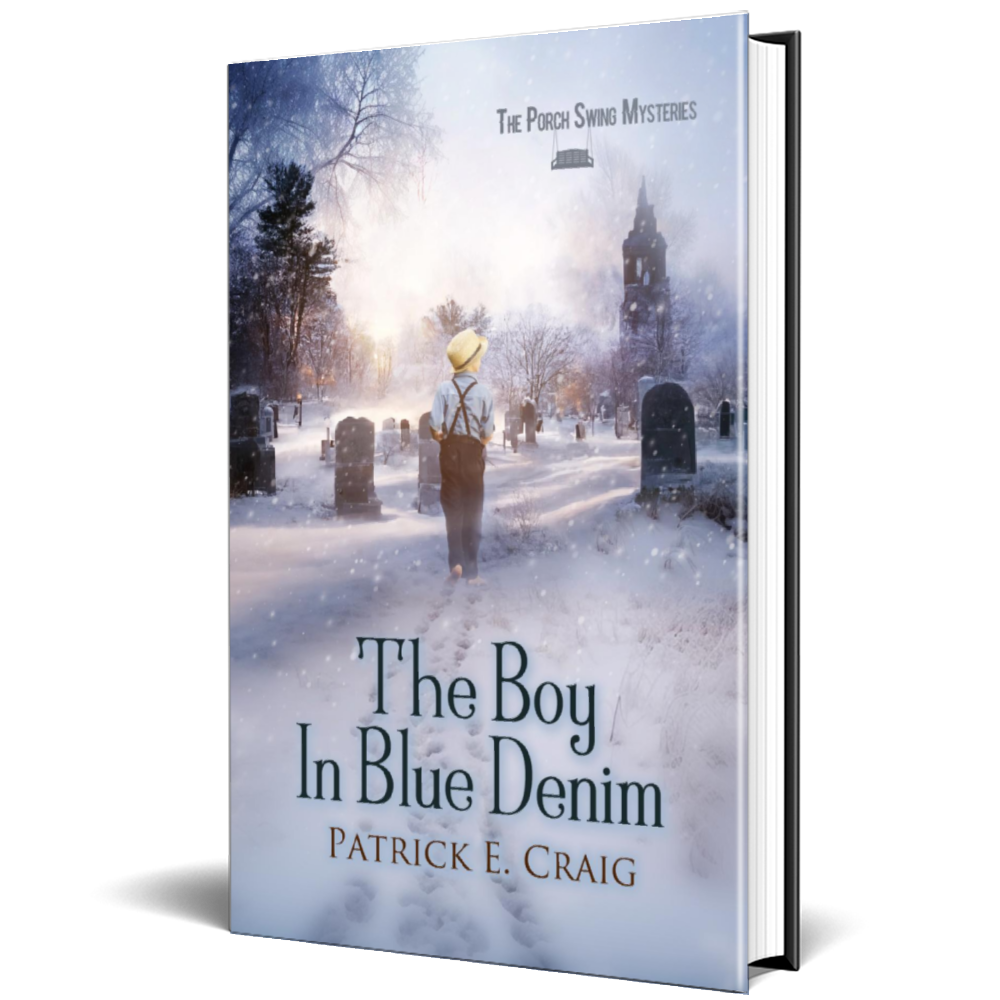
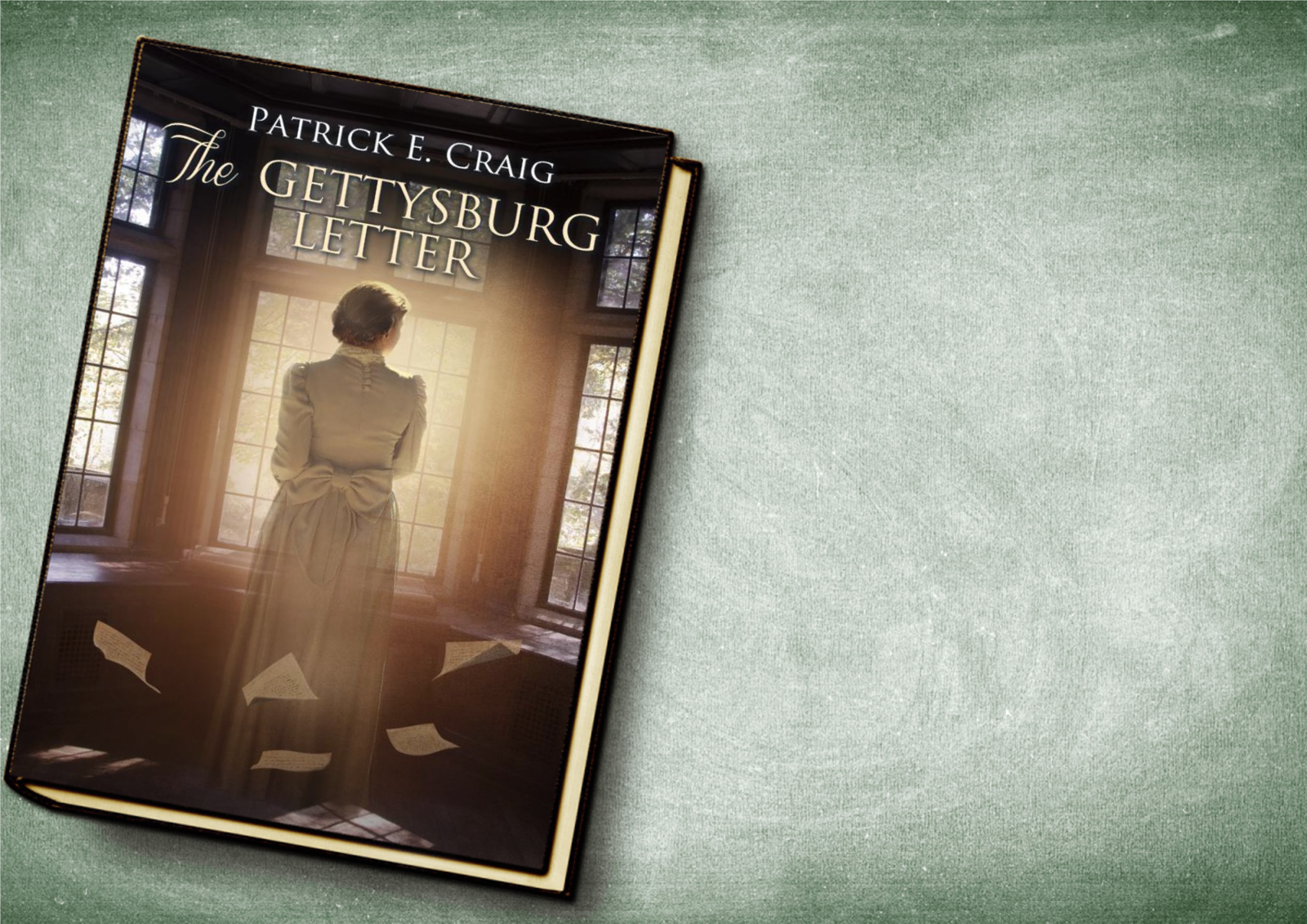
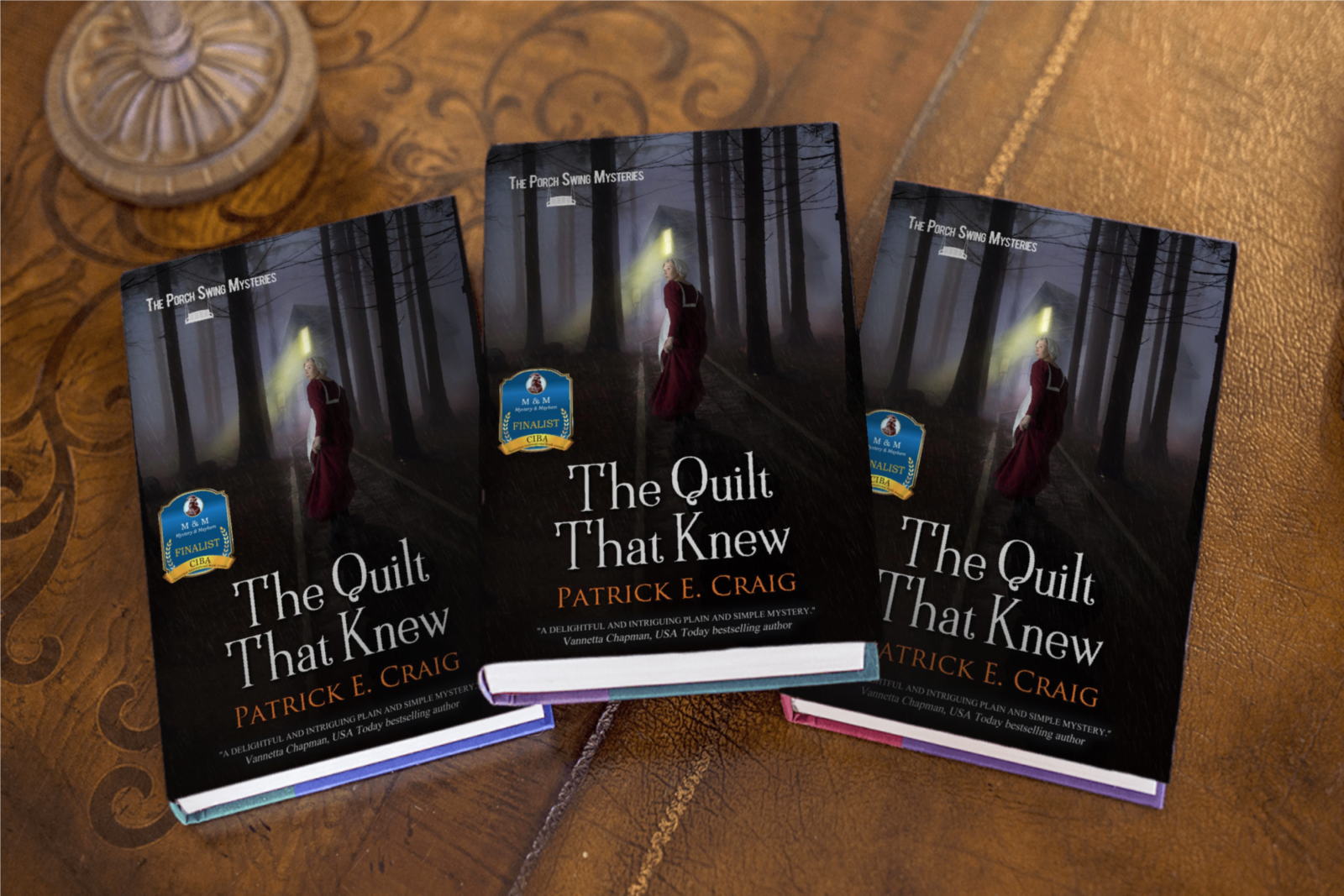

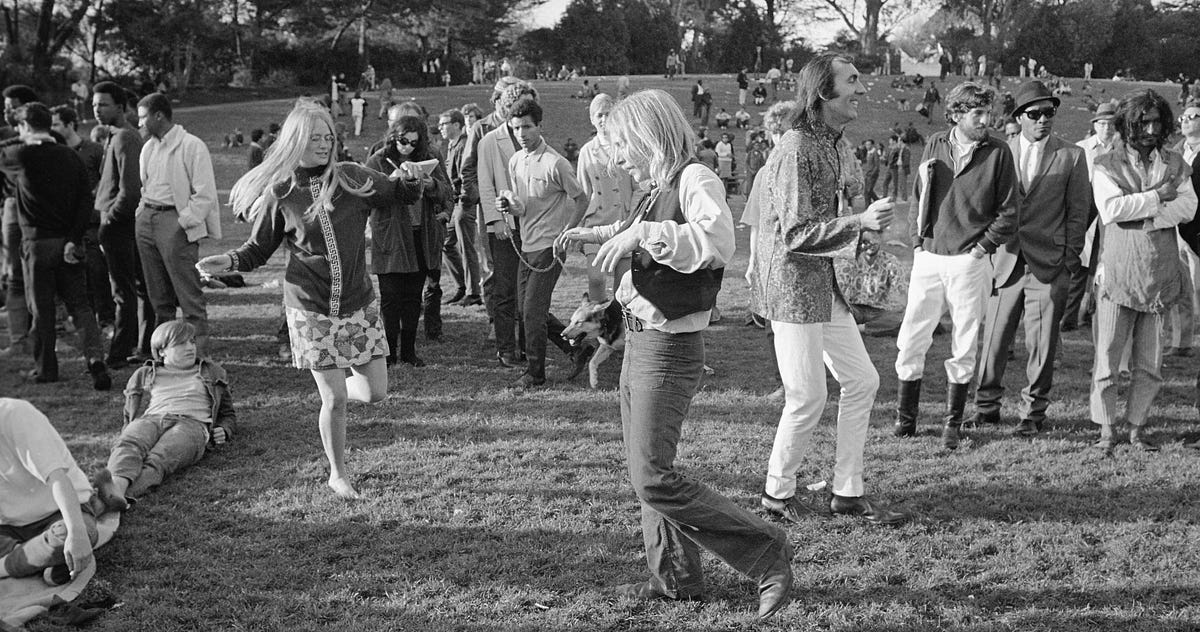

Leave A Comment